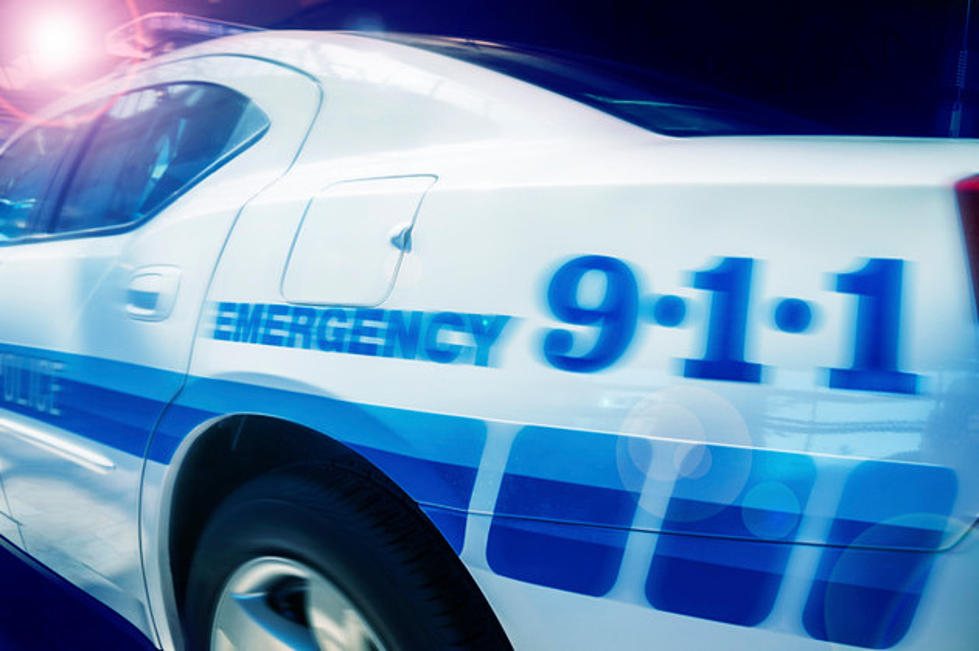
How NJ will deal with drivers high on pot when marijuana is legal
If recreational marijuana gets approved next week, how will New Jersey police departments handle drivers suspected of being under the influence of pot once it starts being sold?
Some have voiced concern because there is currently no objective test or scientifically measurable way to determine whether a driver is high on weed other than to administer a blood or urine test, and those results can take months to get back. But supporters of Jersey’s proposed marijuana legalization bill believe the plan they’re putting forth will work.
State Sen. Nicholas Scutari, D-Union, the chair of the Senate Judiciary committee and sponsor of the marijuana legalization bill, said it’s already illegal to drive under the influence of pot, so the statute won’t change.
“It’s going to be the same as what we’re doing now, except it’s going to provide for additional funding to train these officers in the additional field of expertise which is drug recognition.”
Scutari explained if someone is observed driving erratically, they will be pulled over by police and given a field sobriety test, which involves walking a straight line, coordinating movements with fingers, etc.
If a determination is made the driver is under the influence of some kind of drug, the individual can be given a breathalyzer test, but if that does not show a measurable amount of alcohol in their system, a police officer designated as a drug recognition expert, can be called in to go through a 12-step process.
That testing would then include checking the driver’s blood pressure, pulse, temperature, whether the person’s pupils are dilated. If a determination is made the individual is under the influence of drugs, whether it’s marijuana or some other substance, they will be ticketed and ordered to appear in court.
All of the testing will be videotaped in order to preserve a record of the behavior of the suspect.
The DRE can also call for a urine or blood test to determine whether the individual has high levels of certain chemical compounds associated with marijuana, but getting the test results back can typically take three months or longer.
Scutari said if someone is charged with driving while under the influence of drugs, they would appear in court and presumably tell their side of the story, the DRE would present their observations and report, and the judge would also watch the videotape of the driver being tested.
“The outcome is on a case by case basis," Scutari said. "When you play that videotape of that person in front of the judge, that judge will make the decision whether or not you were under the influence.”
He stressed the DREs know exactly what to look for, and how to look for certain indicators.
“The judge will hear from an officer who has specific training on looking for clues for drug usage," he said.
Scutari pointed out an individual can currently be found guilty of driving under the influence of alcohol in two ways: Based on the observations of an officer or under an Alcotest reading.
He also noted the breathalyzer Alcotest is not perfect because it can give different readings for the same person several times, and it’s constantly under scrutiny. So the fact that we do not have a similar type of test for determining whether someone has recently ingested marijuana is not terribly significant.
Attorney Nik Komyati, the chair of the Cannabis Practice Group at Bressler, Amery & Ross, a law firm in Florham Park, said in order to have a chance to appeal a guilty verdict in one of these cases, defendants will probably have to bring in some kind of expert to counter what the videotape and testimony from the drug recognition expert will show.
He said like with other types of trials, “you’ll have one expert saying one thing, an expert saying the other thing ... [I]f an adverse ruling is issued, that will lead to some kind of appeal down the road.”
He noted there may be situations where some appeals are successful but “everything is going to be highly fact specific. It’s going to depend on what the video looks like, it’s going to depend on what the actual medical condition or the reason for the erratic driving was.”
He added someone may possibly wind up getting pulled over because “they’re just a terrible driver, but those cases are probably few and far between.”
You can contact reporter David Matthau at David.Matthau@townsquaremedia.com
More From New Jersey 101.5 FM









